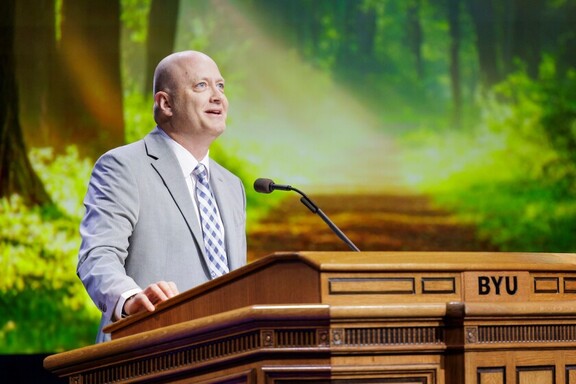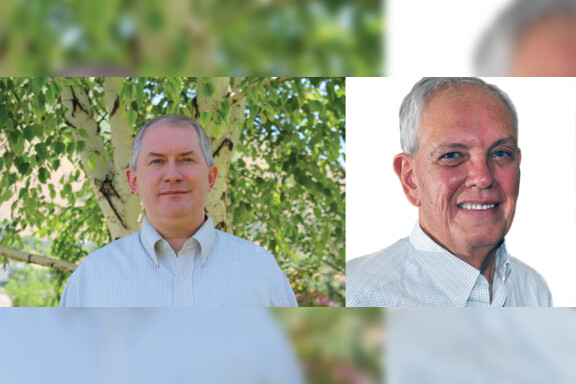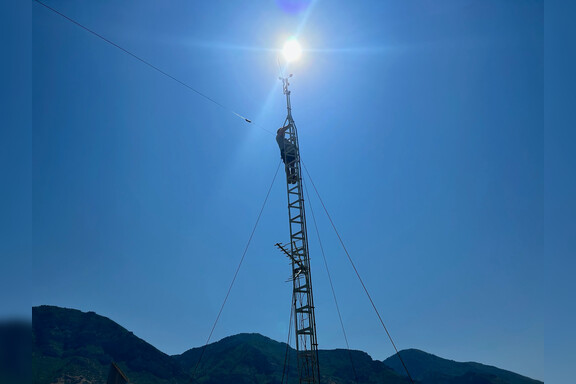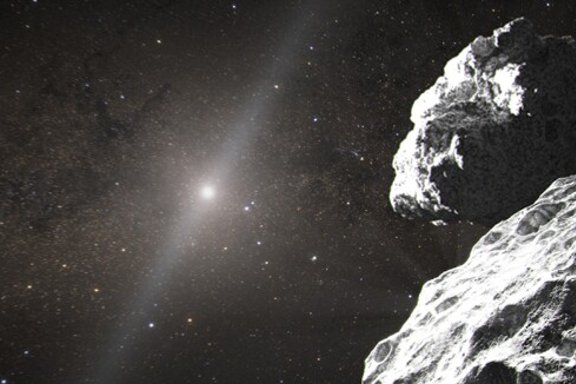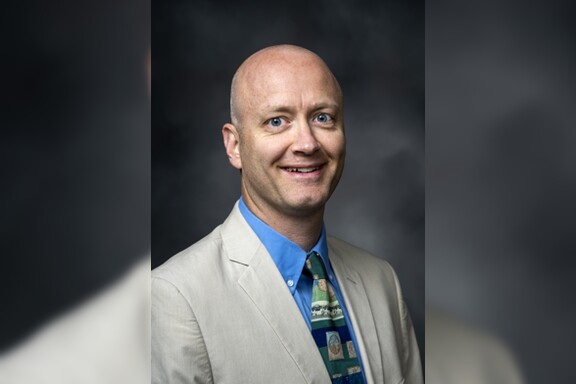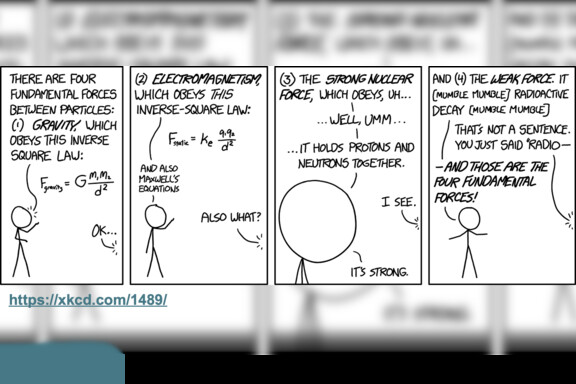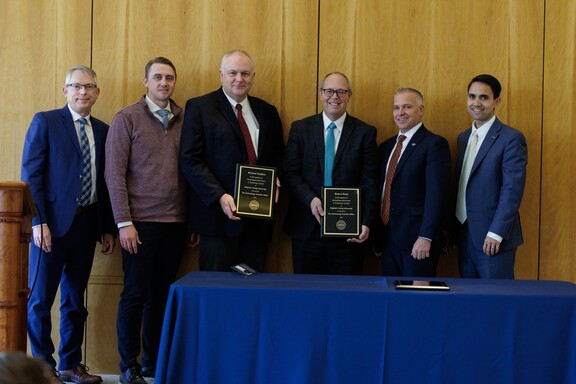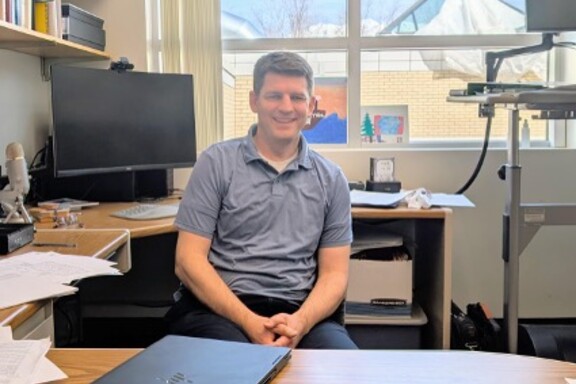
“What is your major " is a famous get-to-know-you questions students encounter on BYU campus. The follow up question is just as common: “So, what do you want to do with that?” What do I want to do with my Physics, Applied Physics, Astronomy, or Physics Teaching degree? Perhaps the question is really what can I do with my Physics degree. The program outcomes of the physics degree may vary student to student, but there are required courses in the physics curriculum that provide us with the skills to succeed in the future. Some of the program outcomes listed under a bachelor degree in physics are experimental and computational skills, effective communication, professional ethics, research and professional preparation, and problem-solving skills.
From a survey of 27 current senior students who are graduating in 2021, 83% of these students decided to continue their education in various graduate programs, and the rest focused their efforts on obtaining full time jobs to start their careers. Those deciding to work full time after graduating have found jobs in the government sector, education system, software development industries, as well as the statistics field. Among the students pursuing graduate degrees, 61% are physics related Masters and PhD programs such as, astrophysics, particle physics, medical physics, and acoustics. Students deciding to go into non-physics related programs have been accepted into the Harvard Law school, an MD/PhD track, and Mechanical Engineering Doctorate programs.
There are many resources provided by the BYU Physics department to help students find a career path after graduation. Two classes required for the Physics major, Physics 191 and 291, help students by providing many different resources and by having previous graduates come back and give a presentation on their chosen career field. The BYU Physics department website has some helpful links. A physics education provides the necessary background to succeed in many different domains, so don’t limit yourself. As faculty member Dr. Steve Turley says, “This is the time to dream big.”
(Student contributors: Kinamo Williams, Rebekah Sheffield, and Jenny Kang)


